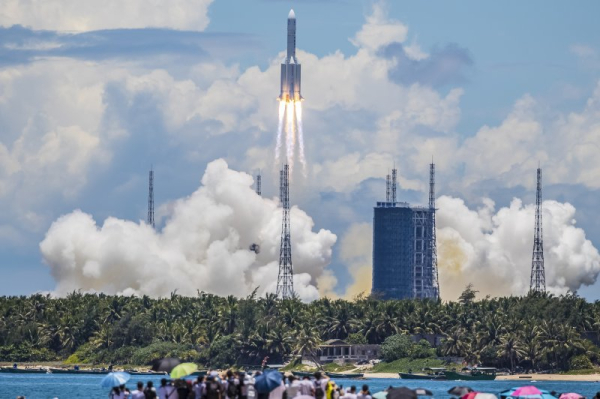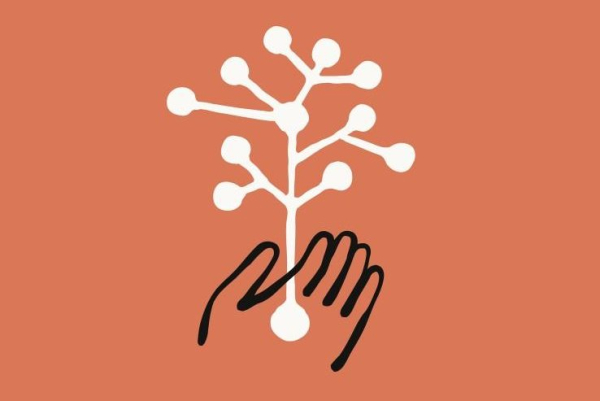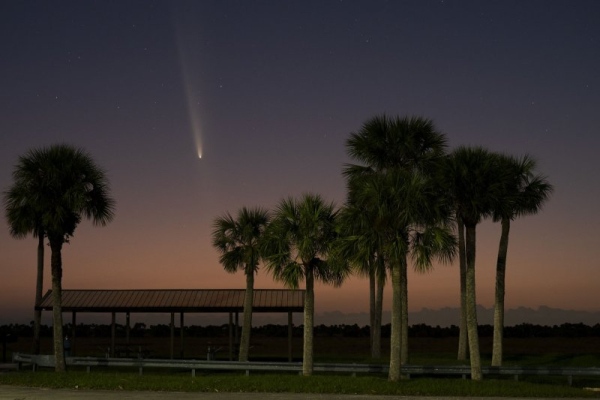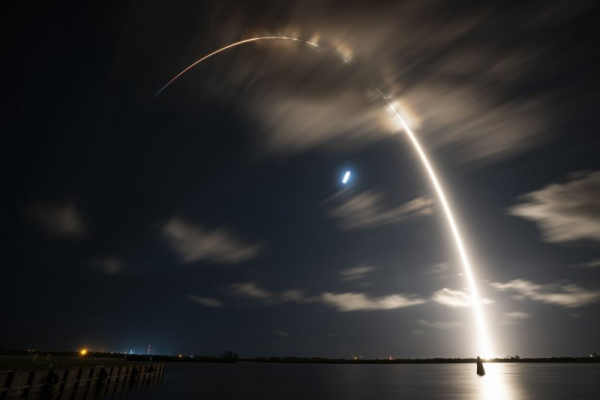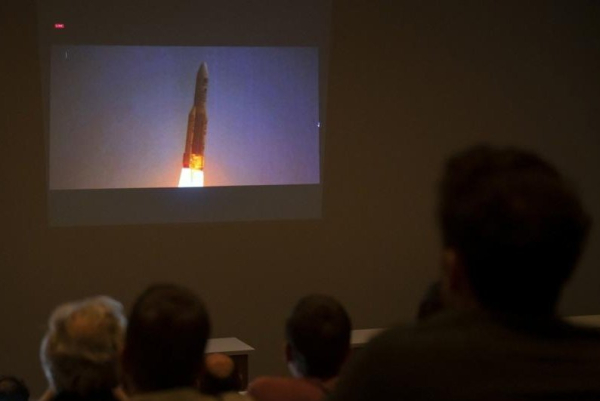
ESA's Jupiter probe has completed preparations for a planned gravity assist maneuver near Venus after its communications system was restored.
The Juice probe, as the agency calls it, had previously encountered a data transmission failure described as a “communications channel abnormality.”
The anomaly temporarily prevented scientists from receiving telemetry data and information about the spacecraft's condition, ESA said in a statement on Monday.
“Thanks to the prompt and coordinated actions of the ESA Mission Control Center in Darmstadt (Germany) and the engineers of Airbus, the company that created the probe, contact was restored in time for successful preparation for the planetary maneuver,” the official statement on the agency's website says.
Communication with the spacecraft was lost on July 16, when deep space communication stations in Cebreros, Spain, and New Norcia, Australia, were unable to detect a signal from the probe.
“Losing contact with an interplanetary spacecraft is one of the most critical emergency situations,” said Angela Dietz, the Juice mission team leader.
“The lack of telemetry information significantly complicates diagnostics and elimination of the root cause of the failure,” the specialist explained.
After confirming that the ground equipment was working properly, engineers spent 20 hours reestablishing contact with the probe, which was on the opposite side of the Earth from the Sun at a distance of about 125 million miles.
Analysis showed that the probe's mid-range antenna had lost its orientation to Earth. Specialists sent a correction team that restored proper positioning and communication with Juice.
The main cause of the failure was a software error that caused a decrease in signal power during the transmission of service information and telemetry.
“It was a subtle issue, but our team had the resources to analyze and fix it,” Dietz said.
“We have developed several methods to prevent similar situations in the future and are now choosing the most effective technical solution,” she added.
The Venus gravity assist on Sunday will be the second of four planned that will give the probe the boost it needs to reach Jupiter without using up any fuel.
The flight plan also includes two flybys of Earth and a joint maneuver around the Earth and the Moon before the final transition to a trajectory toward the Jupiter system.
The mission to explore the gas giant's icy moons is scheduled to last eight years after launch on April 14, 2023.
The main objective of the project is to study the potential existence of life on three satellites of Jupiter.
Sourse: www.upi.com


